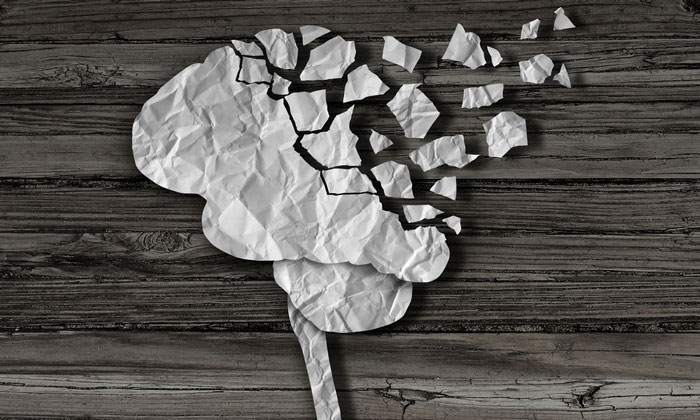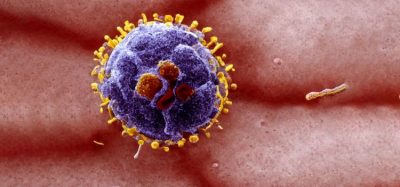Rotigotine improves cognitive function in Alzheimer’s patients
Posted: 16 July 2020 | Hannah Balfour (European Pharmaceutical Review) | No comments yet
In a study of 94 patients with mild-to-moderate Alzheimer’s disease, rotigotine improved frontal lobe executive function and enabled patients to independently perform daily activities.


A study evaluating rotigotine, a drug that acts on dopamine transmission in the brain, found it improved cognitive function in patients with mild-to-moderate Alzheimer’s disease (AD).
The study published in JAMA Network Open reveals that while the drug showed no significant effect on memory functions, it improved frontal lobe executive function and patients’ ability to perform activities of daily living.
The randomised clinical trial, double-blind, placebo-controlled trial enrolled 94 patients age 55 to 83 years with mild-to-moderate Alzheimer’s disease. Patients were assigned to receive either rotigotine 4 mg or placebo through a transdermal patch for 24 weeks, as add-on therapy to standard treatment with an acetylcholinesterase inhibitor. The Effects of Dopaminergic Therapy in Patients with Alzheimer’s Disease (DOPAD) trial, was led by Dr Giacomo Koch, a neurologist at the Santa Lucia Foundation in Rome, in collaboration with Dr Alessandro Martorana of the University of Tor Vergata in Rome, both Italy.
“Patients treated with rotigotine in this study had some practical improvements that are very important for people with Alzheimer’s,” said Dr Howard Fillit, the Alzheimer’s Drug Discovery Foundation’s Founding Executive Director and Chief Science Officer. “Rotigotine improved executive function, which helps patients with key cognitive tasks, such as reasoning, judgment, working memory and orientation. It also improved their ability to complete routine daily activities like shopping, planning and even bathing, toileting and feeding themselves, which means preserving their independence longer and reducing the burden on caregivers.”
The current treatments for AD act upon the neurotransmitter acetylcholine; however, research has suggested dopamine also plays a key role in the disease. Researchers who focused on how dopamine modulates the activity in the frontal lobe found in the lab that rotigotine enhanced dopaminergic pathways reaching this section of the brain. They used a combination of transcranial magnetic stimulation and electroencephalography recordings to understand how rotigotine affects brain connectivity and function.
“This study is an important step forward in showing that AD patients may benefit from the combinations of drugs that enhance brain functions by interacting with different neurotransmitter systems,” said lead investigator Dr Koch. “Moreover, it could open novel therapeutic options focused on dopaminergic transmission to treat patients early, when the cognitive functions related to frontal lobe activity and daily life abilities are only mildly impaired, to delay the onset of full-blown AD dementia.”
Dr Koch and his co-authors concluded that further studies are needed to determine the potential role of rotigotine in treating Alzheimer’s.
Related topics
Clinical Trials, Drug Targets, Regenerative Medicine, Therapeutics
Related organisations
Alzheimer's Drug Discovery Foundation (ADDF), Santa Lucia Foundation in Rome, University of Tor Vergata









